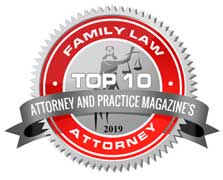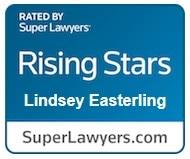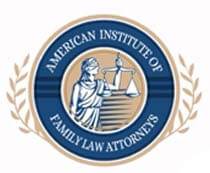
9+
Years

Lindsey Easterling
Founder Easterling Law
Separation Agreements in North Carolina create a “Mutually Acceptable and Durable Agreement.”
An Absolute Divorce is one of the more practical aspects of the divorce process in North Carolina.
The children’s best interests are always of the highest priority and we can help maximize the role you have in their lives.
You deserve a personal approach to resolving your conflict; a skilled mediator can help.
Safety should be considered before any decisions are made regarding a family law issue.
Lindsey was the right fit for me. We wanted an amicable divorce, but I wanted to be sure that I was informed and knew what all of my options were. Lindsey was professional, dependable, and thoughtful. I came out the other end confident in knowing that I had made well informed decisions for my family.
I highly recommend Easterling Law to all my friends and colleagues. Lindsey is extremely knowledgeable and has a great way of explaining things in laymen terms. You know that she has her clients best interest at heart.
Lindsey was the perfect choice in legal advice during my divorce. She listened to my concerns, gave me honest feedback about expectations and best case scenarios, and I left her office feeling calm, prepared, and collected, with a plan in place for what to do next. I would highly recommend her to family, friends, and strangers!
Professional, thorough, easy to work with.
Lindsey is caring and professional. Highly recommend!
Lindsey is a wonderful trial attorney that understands family law very well. She cares about her clients and the outcome of the case very much. You can't go wrong with hiring her.

Call Today to Discuss
Your Family Law Case
Call Us: 980-272-1365
Lindsey was the right fit for me. We wanted an amicable divorce, but I wanted to be sure that I was informed and knew what all of my options were. Lindsey was professional, dependable, and thoughtful. I came out the other end confident in knowing that I had made well informed decisions for my family.
I highly recommend Easterling Law to all my friends and colleagues. Lindsey is extremely knowledgeable and has a great way of explaining things in laymen terms. You know that she has her clients best interest at heart.
Lindsey was the perfect choice in legal advice during my divorce. She listened to my concerns, gave me honest feedback about expectations and best case scenarios, and I left her office feeling calm, prepared, and collected, with a plan in place for what to do next. I would highly recommend her to family, friends, and strangers!
Professional, thorough, easy to work with.











